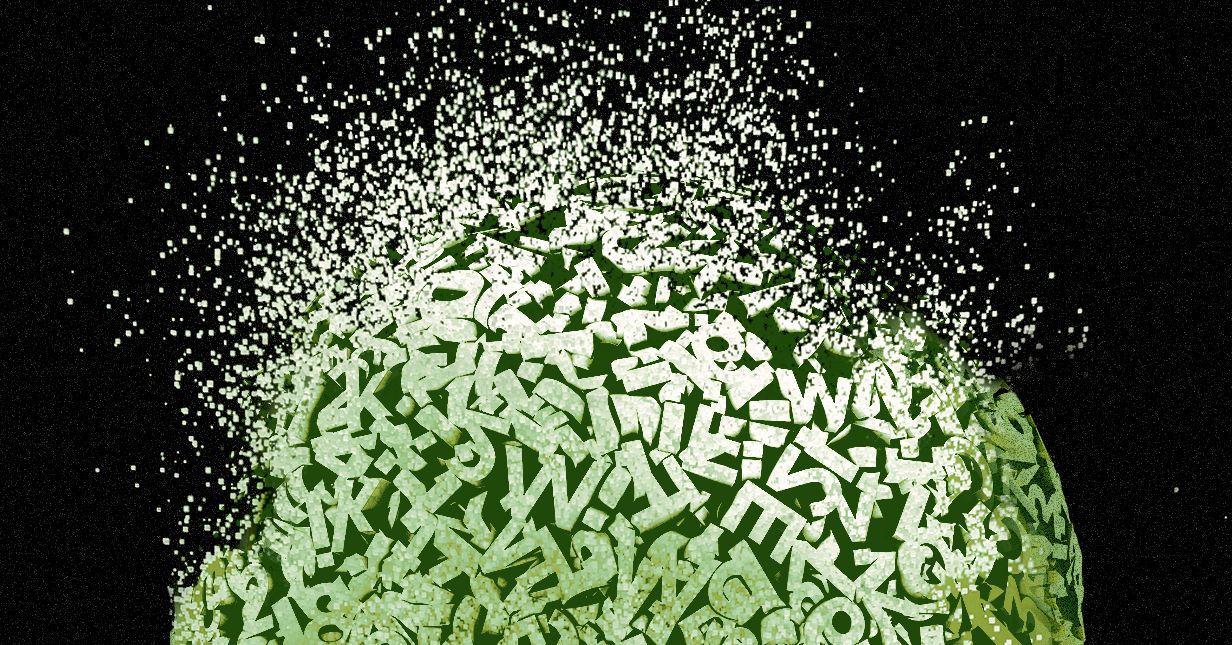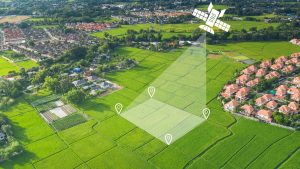In 2018, tech workers at Google made headlines by successfully protesting the company’s involvement in Pentagon-funded artificial intelligence (AI) projects. Their actions forced Google to drop the controversial contract and publicly vow not to develop AI for weapons or invasive surveillance. At the time, this felt like a seismic shift—tech workers had found their voice, and AI ethics seemed to gain real traction.
Fast forward to 2025, and the landscape looks alarmingly different.
⚖️ From Activism to Accommodation: The Ethics Backslide
Back then, those protests inspired a new wave of Silicon Valley activism. But in 2024, Google quietly updated its AI principles, softening its earlier stance. This isn’t just a Google problem—across the tech industry, companies are racing to release powerful AI tools with minimal guardrails, prioritizing innovation and profit over ethical restraint.
Now, a new report by the AI Now Institute is sounding the alarm.
📘 What the AI Now Report Reveals
The 2025 report paints a stark picture:
-
Concentration of AI Power: A handful of tech giants now control the development, deployment, and narrative around AI.
-
Superintelligence Myths: Executives push the utopian dream of AI curing cancer and reversing climate change, sidelining more immediate issues like job displacement or algorithmic bias.
-
Ethics as PR, Not Practice: Many firms continue to pay lip service to responsible AI while loosening internal ethical constraints behind the scenes.
💼 Real-World Impacts: Jobs, Justice, and the Future of Work
What once seemed abstract—the threat of AI replacing human workers—is now a reality in industries from tech to education and healthcare.
| Sector | AI Disruption | Worker Response |
|---|---|---|
| Software Engineering | Code generation tools reduce developer hiring | Pushback from senior engineers |
| Education | AI tutors and grading systems replace human input | Teachers unions raise ethical concerns |
| Healthcare | Diagnostic AI undermines clinical decisions | Nurses and doctors demand oversight |
| Journalism | AI-generated content floods platforms | Journalists protest misinformation risks |
🛑 Resistance Isn’t Futile: Worker Victories You Haven’t Heard About
Despite the challenges, some labor groups have managed to push back effectively:
-
National Nurses United staged protests against AI in clinical settings. Their own survey showed that automated tools compromised patient care.
-
The result? Several hospitals introduced new oversight policies and slowed the deployment of AI tools.
-
Tech Worker Coalitions in major companies have also demanded ethical AI reviews before launch.
This proves that collective action is still possible—and powerful.
🧠 A New Kind of AI Literacy: Economic, Political, and Social
According to the AI Now Institute, it’s time to connect AI policy to everyday economic realities. We can no longer treat AI ethics as a niche concern. Here’s how we can reframe the conversation:
🔍 AI Ethics Is Also About:
-
✅ Job Security: Who’s getting automated out of work—and why?
-
✅ Economic Inequality: Are AI systems deepening the digital divide?
-
✅ Corporate Accountability: Who gets to decide how AI is used?
“We’re not just talking about new technology. We’re talking about a restructuring of power,” says Sarah Myers West, co-director of AI Now.
🤖 Comparing AI Regulation Models Globally
| Country | Current AI Regulation Approach | Ethical Safeguards | Public Involvement |
|---|---|---|---|
| United States | Corporate-led, minimal regulation | Weak | Low |
| European Union | AI Act enforcing responsible use | Strong | Medium |
| China | State-driven, tightly controlled | Moderate (by gov.) | Very Low |
| India | Early-stage discussions, no law | Weak | Medium |
📣 The Way Forward: What You Can Do
-
Support Worker-Led AI Movements: Follow and amplify union-led efforts for AI oversight.
-
Demand Transparent AI Use: Whether it’s your hospital or your employer—ask how AI is used and why.
-
Vote with Ethics in Mind: Pressure lawmakers to enforce real regulation, not just tech-friendly policies.
-
Join Civil Society Efforts: Organizations like AI Now, AlgorithmWatch, and Data & Society are fighting back with research and policy proposals.
The Next Chapter Depends on Us
What began as a bold movement in 2018 now faces its toughest challenge yet. The tech giants have adapted, but so must we. AI’s influence now reaches every corner of our lives—and the responsibility to shape its future is in our hands.
It’s time to move past passive concern and toward informed action.
📌 Highlights from the Case Study Graphic
-
Nurses vs Diagnostic AI:
Issue: Automated triage systems replacing critical judgment
Outcome: Oversight committees introduced in major hospitals -
Engineers vs Code Assistants:
Issue: AI replacing entry-level developers
Outcome: Negotiated use for support, not substitution -
Teachers vs AI Tutors:
Issue: AI replacing personalized teaching in public schools
Outcome: Limits placed on unsupervised AI usage -
Content Creators vs AI Writers:
Issue: Massive job loss from auto-generated content
Outcome: Transparency labels and AI-content flags implemented
🌍 The Politics of AI: Red States, Blue Tech
One of the most complex and underreported dynamics in the AI debate is the political divide in how regulation is approached:
-
Republicans:
Advocate free-market innovation, yet present themselves as defenders of the working class. Ironically, they oppose most AI regulation—even when it threatens jobs. -
Democrats:
Support stronger regulation frameworks, often focusing on bias, fairness, and systemic harm—but face heavy lobbying from Big Tech.
The bipartisan gap in how AI is understood and governed creates regulatory paralysis. Tech giants exploit this vacuum to push their own narratives about “innovation,” diverting attention from very real labor concerns.
🧠 FAQ: People Also Ask About AI Ethics and Employment
Q1: What is the biggest ethical concern with AI today?
A1: The unchecked power of a few corporations who design and deploy AI systems without democratic oversight. This can lead to systemic bias, job loss, and surveillance abuse.
Q2: Can AI actually replace humans in most jobs?
A2: While AI can handle repetitive or analytical tasks, it struggles with creativity, empathy, and critical thinking—core strengths of human workers. However, mass automation threatens many job categories if left unregulated.
Q3: What can ordinary people do about unethical AI?
A3: Join or support unions, educate yourself and others, advocate for policy reform, and question AI systems used in your workplace or community.
Q4: Is AI more dangerous than helpful?
A4: AI isn’t inherently good or bad—it depends on how it’s designed, who controls it, and what safeguards exist.
🚨 Warning Signs: How to Spot Unethical AI Use
| 🚩 Red Flag | ⚠️ What It Means | ✅ What You Can Do |
|---|---|---|
| No human review | AI decisions are final and opaque | Demand accountability and manual review |
| Biased outcomes | AI reproduces racism, sexism, or classism | Push for bias audits and transparency |
| Mass layoffs | AI used to justify downsizing | Organize with peers to demand fair labor transitions |
| No user consent | You’re being monitored or evaluated without consent | Report to consumer protection bodies or digital rights orgs |
From Awareness to Action
This is not just a moment in tech—it’s a moment in history.
We stand on the brink of a future where machines increasingly influence human opportunity, dignity, and autonomy. Whether that future is equitable or exploitative depends entirely on what we do today.
The AI Now Institute’s 2025 report reminds us that power doesn’t just shift—it concentrates. Unless we actively fight to redistribute it, we risk living in a world where our lives are governed by opaque algorithms designed to serve elite interests.
Let’s resist. Let’s reimagine. Let’s reclaim AI for the public good.




